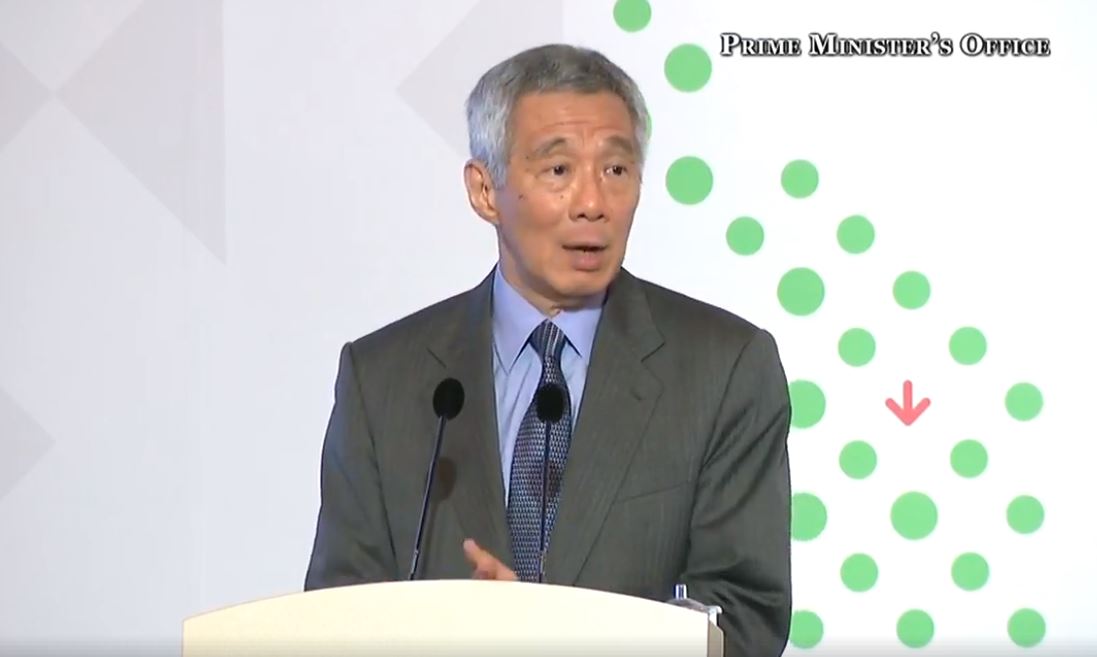Prime Minister Lee Hsien Loong was the guest-of-honour at the 50th anniversary of the ISEAS - Yusof Ishak Institute, and he gave a lecture on the importance of ASEAN.
PM Lee's lecture was delivered to about 500 people (academics, diplomats and students) at the thinktank's 50th Anniversary.
And because you were not one of the 500-plus invited to the event, we're here to give you the gist of why ASEAN matters.
ASEAN's original objective
- Formed in 1967, ASEAN comprised of Indonesia, Malaysia, the Philippines, Singapore and Thailand (they were later joined by Brunei, Vietnam, Laos, Myanmar, and Cambodia)
- It was a regional platform for dialogue and cooperation so as to:
- Put old suspicions and hostilities between founding nations behind them
- Work through new problems and conflicts peacefully and constructively
- Foster a stable environment within which each country could focus on its own nation-building
1970s Vietnam-Cambodia conflict gave rise to a common understanding among ASEAN members
- Rejecting fait accompli (something that has already happened or been done and cannot be changed) achieved by force of arms
- Insistence on the international rule of law, the inviolability of international borders, and the legitimacy of national governments
- This helped bring about eventual political settlement and security for all ten of ASEAN's present member countries
Economic cooperation among ASEAN member countries
- Wasn't a high priority. Took several years for economic cooperation to build up momentum - ASEAN Free Trade Area was a milestone launched in 1992
- Today, the ASEAN Economic Community is the 4th largest single market in the world after US, China, and the European Union
ASEAN strengthens its members' standing in the world
- It enhanced member nations' collective voice on the international stage
- Enabled members to engage major countries like the US, China, India, and Japan.
What's next for ASEAN?
- Individual ASEAN countries must adapt to the new and changing strategic landscape, with the rise of China and India.
- Important that ASEAN works actively to maintain its centrality and relevance. It must also stay cohesive.
- Singapore will do its best to take ASEAN forward as ASEAN Chair this year, through the themes of "resilience" and "innovation".
- Southeast Asia and ASEAN will remain a big part of Singapore's mindshare and foreign policy.
If you like what you read, follow us on Facebook, Instagram, Twitter and Telegram to get the latest updates.
